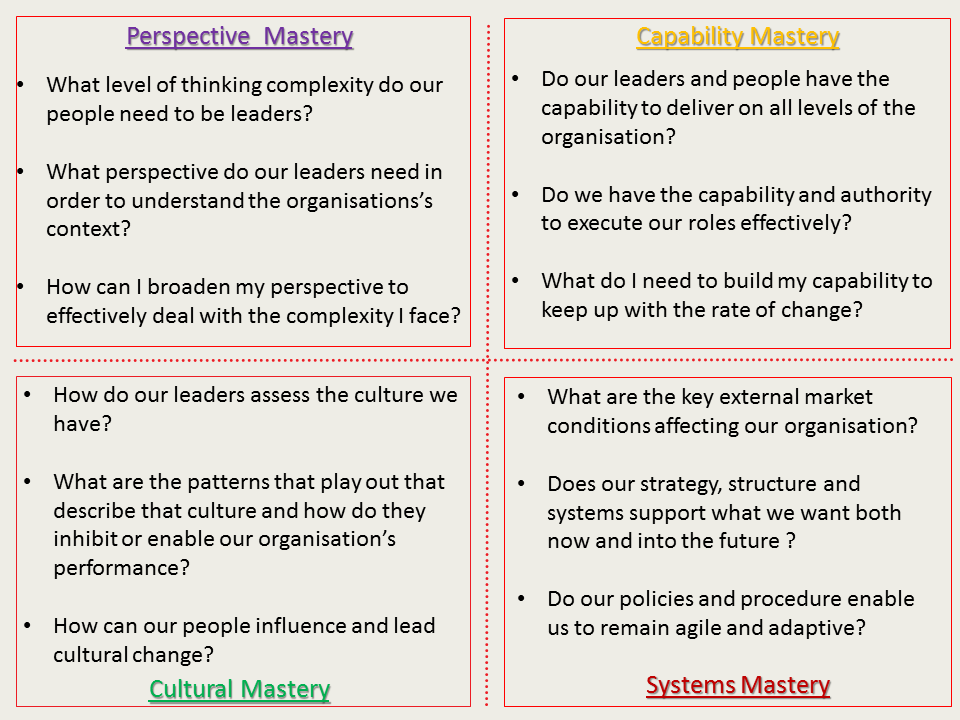Organisational transformation
Are organisations failing us?
Today’s organisational landscape is more complex than ever before. The compounding effect of new technology, changing markets, economic swings and political upheaval all contribute to increasing uncertainty and turmoil.
Organisations are now networked by an informational spider web that allows us to be connected to the opposite side of the globe in a tweet, key stroke or video conference.
In spite all of this, it appears organisations are becoming less, rather than more connected.
Here are some statistics that underpin our perspective:
66% or more of employees are disengaged at work. Gallup Poll – need date
80% of CEOs believe they need to develop leaders differently Global Human Capital Trends Deloitte 2019
Globally, only 17% of executives are confident their organisation has the leadership capabilities for the future Real World Leadership, Korn Ferry Institute 2015
Australian performance in global leadership competitiveness: 7th in 2009/ 17th in 2014 and 18th in 2020 IMD World Competitive Survey AIG 2020
Innovation drives business results - less than 18% Australian companies are innovative Centre for Workplace Leadership (Melbourne University) 2016
Less than 1% of senior leaders can, as individual actors, execute all of their role functions effectively Lectica 2019
The number 1 reason that people quit their jobs is the “inability to learn and grow” Global Human Capital Trends Deloitte 2019
What is old is new again
The field of Human Resources, Leadership Development and Organisation Development has the appearance of an irregular landscape of new and old interventions based on social research, fads, solid science and common sense.
This landscape is populated with many professionals seeking to rewrite or apply these new and old solutions and on occasions creating more grandiose solutions that deliver little real value over those that preceded them. We do know however that all valid solutions deliver some value, they just don’t deliver the transformative change hoped for - remember when capability frameworks and competency based training was going to transform the world?
We describe these individual solutions as being only “partially true”.
If in this digital age, where we all have access to some of the world’s best research and thinking on how to deal with the issues raised above, why are so many organisations struggling to translate what is theoretically known into coherent and practical outcomes?
Cornerstone Integral understands and acknowledges the importance of these thought leaders and we also recognise that the need to translate these many theories and concepts into practical solutions and interventions is paramount. We pride ourselves on being Thought Translators.
The barrier to achieving enduring change in organisations is not that we have adopted partially true solutions; it’s been our inability to make sense of how these partially true solutions interact and affect each other. As Peter Senge reminds us, all organisations are systems and systems are made up of activities that are linked together to form the system. Partially true solutions are activities that need to coalesce into the system to give effect to the changes sought. The key to success is to understand how we translate proven concepts and ideas into realising organisational transformation.
What do we need to succeed?
In order to navigate this landscape, we need a compass and a contour map (a framework) that enables us to navigate the landscape by providing simple, meaningful and digestible information. We use the Integral Framework as our contour map and compass to enable us to see how these partially true solutions relate to each other in order to build enduring and effective solutions leading to organisational transformation.
The Integral Framework allows us to do this by coalescing the best from the past with new solutions to meet the demands of today and anticipate the needs of the future.
Just as a compass orientates us to the ever-present concept of direction, the Integral Framework describes the four quadrants that are always present in any sphere of organisation activity:
Perspective Mastery- the Upper Left Quadrant: the internal domain of the individual and all those things that go to make up who we are – our personal values, beliefs, mindsets, thinking and emotional capacity, just to label a few.
Capability Mastery- the Upper Right Quadrant: that which is external to the individual – what we can observe and see i.e., one’s skill, behaviour, experience, applied knowledge etc.
Cultural Mastery - the Lower Left Quadrant: the internal domain of the collective – the team, division, organisation which is the realm of shared purpose & values, relationships and trust.
Systems Mastery - the Lower Right Quadrant: that which is external to the collective – business strategy and KPIs, structure, policies, processes, market dynamics.
Accessing the Integral Framework to start working on solutions
All journeys require a starting point and to help you with yours we have some questions that may guide you to thinking about your possible disembarkation.
To assist you in scoping how to proceed we offer an obligation free 2 hour white board session to help you discover the power of the Integral Framework and to help uncover your current and future road blocks, while mapping your entire organisation in a way that you never thought possible.
Call us on 1300 133 550 or complete the form on our Contact Us page to book your session today. One of our experienced consultants will get back to you within 24 hours to arrange a time to begin your unique journey.
You can also download our Ascension brochure (click here)




